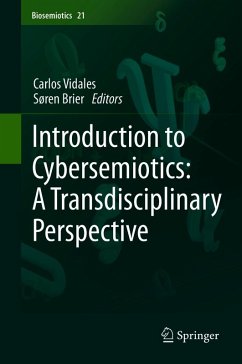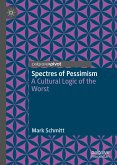Subsequent chapters introduce a cybersemiotic viewpoint on the capacity of arts and other practices for knowing. This suggests pathways for developing Practice as Research and practice-led research, and prompts the reader to view this new configuration in cybersemiotic terms. Other contributors discuss cultural and perceptual shifts that lead to interaction with hybrid environments such as Alexa. The relationship of storytelling and cybersemiotics iscovered at chapter length, and another chapter describes an individual-collectivity dialectics, in which the latter (Commind) constrains the former (interactants), but the former fuels the latter.
The concluding chapter begins with the observation that digital technologies have infiltrated every corner of the metropolis - homes, workplaces, and places of leisure - to the extent that cities and bodies have transformed into interconnected interfaces. The book challenges the reader to participate in a broader discussion of the potential, limitations, alternatives, and criticisms of cybersemiotics.
Dieser Download kann aus rechtlichen Gründen nur mit Rechnungsadresse in A, B, BG, CY, CZ, D, DK, EW, E, FIN, F, GR, HR, H, IRL, I, LT, L, LR, M, NL, PL, P, R, S, SLO, SK ausgeliefert werden.









